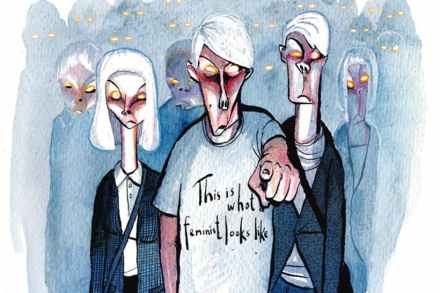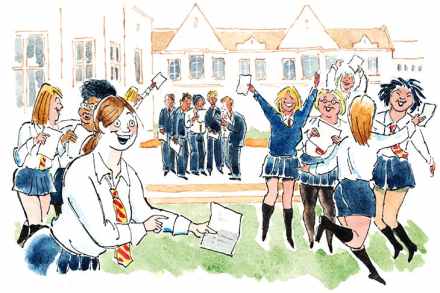Blurred lines | 4 April 2019
It is late, on a wet Tuesday evening in November, and I am driving home, listening to endless talk of Brexit on the radio. The phone rings in the car and cuts off the news. It’s an unknown mobile number; I press the answer button on the steering wheel. A moment’s hesitation and a woman’s voice comes over the speakers; middle-aged, well-spoken. She’s almost in tears and struggles to get her words out. ‘You don’t know me, and I’m so sorry to ring you this late. I got your number from my lawyer friend Stuart, and he told me you are the person I need to call. It’s about my



















